Proper nutrition is vital for the health and wellbeing of both mothers and their babies during pregnancy and breastfeeding. A well-balanced diet provides essential nutrients that support foetal development, maternal health, and milk production.
During pregnancy, the expectant mother needs approximately 300 extra calories each day, and these calories should come from a well-balanced diet that contains essential nutrients.
This article takes a look at the important nutrients, as well as provides practical dietary tips, needed to ensure optimal nutrition for pregnant and breastfeeding women.
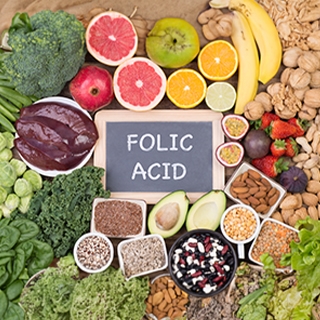
Folic acid is crucial during the early stages of pregnancy to prevent neural tube defects in the developing foetus. It is recommended that women start taking folic acid supplements before conception (pre-pregnancy) and continue throughout their pregnancy.
Source: Leafy green vegetables, liver, citrus fruits, beans, nuts, and fortified cereals
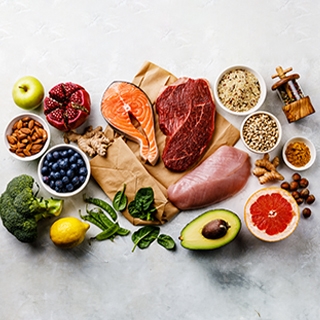
Iron is essential for the production of haemoglobin, which helps transport oxygen to the baby and supports the increased blood volume in pregnant women. Iron deficiency can lead to anaemia, which is common during pregnancy and can affect foetal development.
Source: Lean meats, liver, poultry, fish, beans, lentils, spinach, and fortified cereals
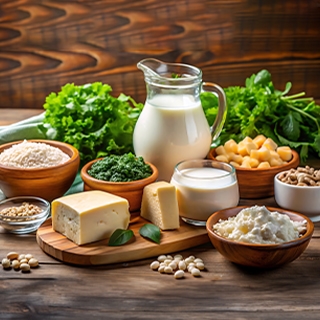
Calcium is vital for the development of the baby's bones and teeth. Pregnant and breastfeeding women need adequate calcium to maintain their own bone health as well.
Source: Dairy products (milk, cheese, yoghurt), fortified plant-based milks, leafy green vegetables, and tofu made with calcium sulphate

Vitamin D enhances calcium absorption and is crucial for bone health in both the mother and baby. Adequate vitamin D levels are essential to prevent rickets in newborns and to support maternal bone health.
Source: Sunlight exposure, fatty fish (salmon, mackerel), fortified foods (milk, cereals), and supplements

Omega-3 fatty acids, particularly DHA (docosahexaenoic acid), are important for the development of the baby's brain and eyes. They also play a role in reducing the risk of preterm birth and postpartum depression.
Source: Fatty fish (salmon, sardines), flaxseeds, chia seeds, walnuts, and algae-based supplements
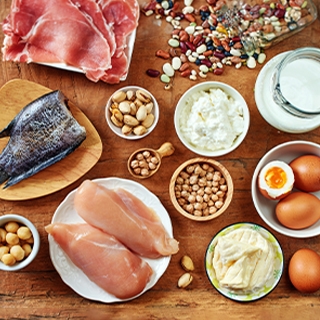
Protein is necessary for the growth and repair of tissues in both the mother and baby. Pregnant and breastfeeding women need more protein to support the baby's development and milk production.
Sources: Lean meats, poultry, fish, eggs, dairy products, beans, lentils, and nuts
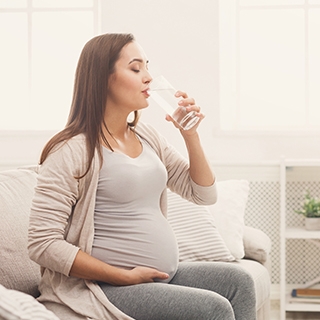
Adequate hydration is crucial during pregnancy and breastfeeding. Water is essential for maintaining amniotic fluid levels, supporting increased blood volume, and producing breast milk.
Recommendation: Aim for at least 8-10 glasses of water a day, and increase intake during breastfeeding
Eating well during pregnancy and breastfeeding is essential for the health of both the mother and baby. By focusing on a balanced diet rich in key nutrients, pregnant and breastfeeding women can support foetal development, maternal health, and milk production. Consulting a qualified dietitian for personalised dietary advice and monitoring nutrient intake can help ensure the best outcomes during these critical stages of life.
This article is contributed byGeorgen Thye, Consultant Dietitian BSc. (Hons.) Nutrition and Dietetics, IMU Council Member of the Malaysian Dietitians' Association (2021-2023